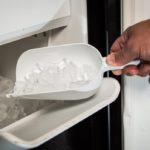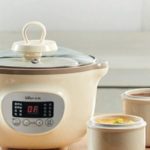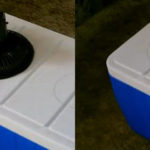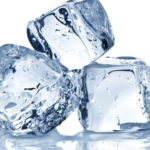Making ice in bulk in your freezer is a common practice for many families, especially when there’s a need to keep things chilled during gatherings or hot summer days. But is this practice beneficial or does it lead to higher electricity consumption? Let’s explore this topic and find out!
1 Why Make Bulk Ice in Your Freezer?
Creating a large amount of ice at once in your freezer has its benefits. Firstly, it helps maintain the temperature of your freezer during power outages. When the power goes out, these ice cubes act as temporary cold air sources, keeping your freezer cool. This preserves the freshness of your food and prevents spoilage for items that require a constant cold temperature.
Additionally, ice cubes can regulate temperature and prevent frequent temperature fluctuations in your freezer. As a result, your refrigerator will consume less energy, leading to significant savings on your electricity bill.
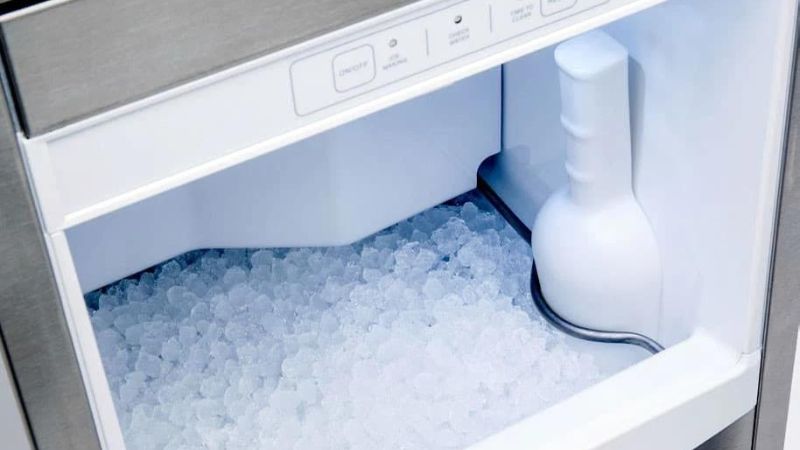 The benefits of making bulk ice in your freezer.
The benefits of making bulk ice in your freezer.
2 Tips for Making Ice in Your Freezer
It’s recommended to use multiple small ice trays instead of a few large ones to effectively cool your freezer during power outages. Smaller ice cubes have a larger surface area and can cool the air faster when the freezer is not operational.
While smaller ice cubes will melt quicker, they are more effective at cooling the freezer for a short period. You can also make a few large ice blocks to provide prolonged cooling effects.
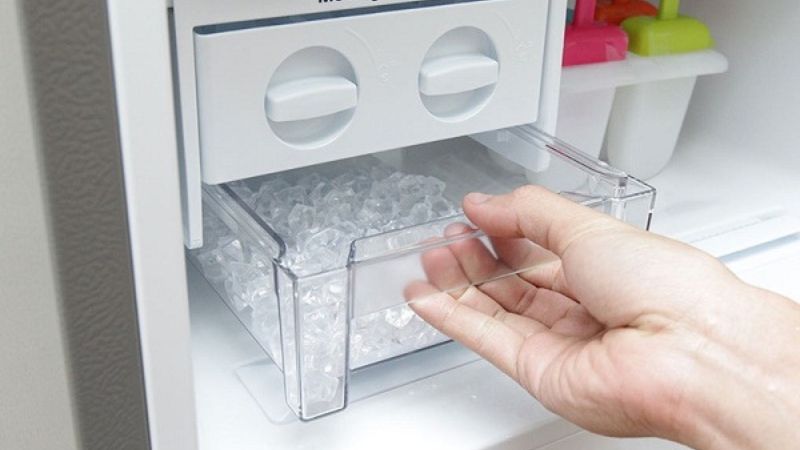 Tips for making ice in your freezer.
Tips for making ice in your freezer.
3 Does Making Bulk Ice Save Electricity?
Refrigerators are designed to maintain a specific temperature range. Once this temperature is reached, the refrigerator stops its cooling process until the temperature rises again. By making bulk ice, you are essentially helping the refrigerator maintain its temperature, reducing the need for frequent cooling cycles.
The ice cubes help stabilize the temperature, giving your refrigerator a break from constant operation. This not only saves electricity but also prolongs the lifespan of your appliance.
The ideal time to make ice is at night when the refrigerator is typically not in use. This way, the cold air remains inside, and the ice freezes faster, resulting in energy savings.
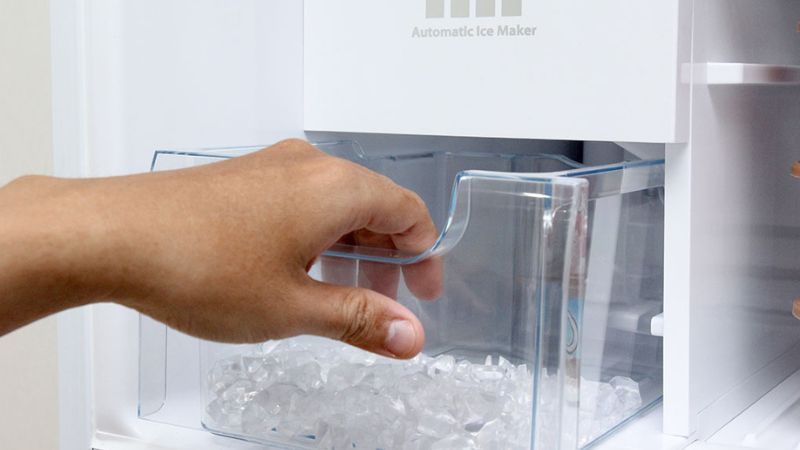 Does making bulk ice save electricity?
Does making bulk ice save electricity?
4 Tips for Energy-Efficient Refrigerator Use
Here are some additional tips to help you reduce energy consumption when using your refrigerator:
Avoid Frequent Opening of the Refrigerator
Refrain from opening the refrigerator door too often as it causes cold air to escape, requiring the appliance to work harder to maintain its temperature. This leads to increased electricity usage.
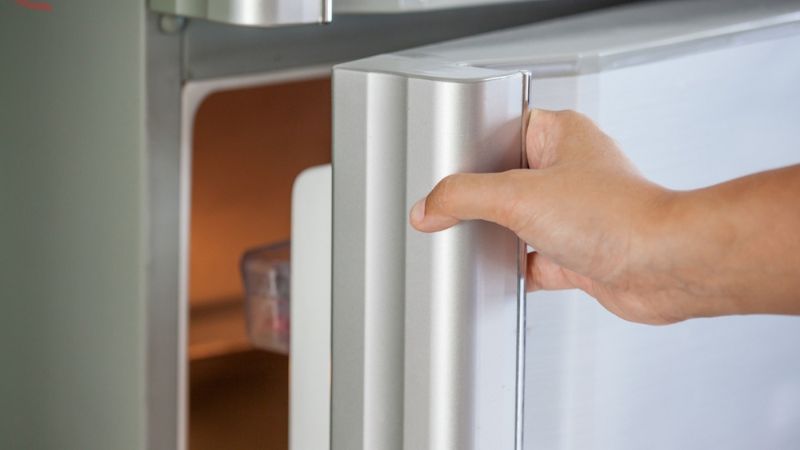 Avoid frequent opening of the refrigerator.
Avoid frequent opening of the refrigerator.
Regularly Clean Your Refrigerator
Cleaning your refrigerator regularly not only helps maintain food freshness and hygiene but also ensures optimal airflow within the appliance. This, in turn, reduces energy consumption.
Avoid placing hot food directly into the refrigerator as it increases the internal temperature, causing the appliance to work harder. Instead, let the food cool down before storing it. Hot food can also cause unpleasant odors that are challenging to remove.
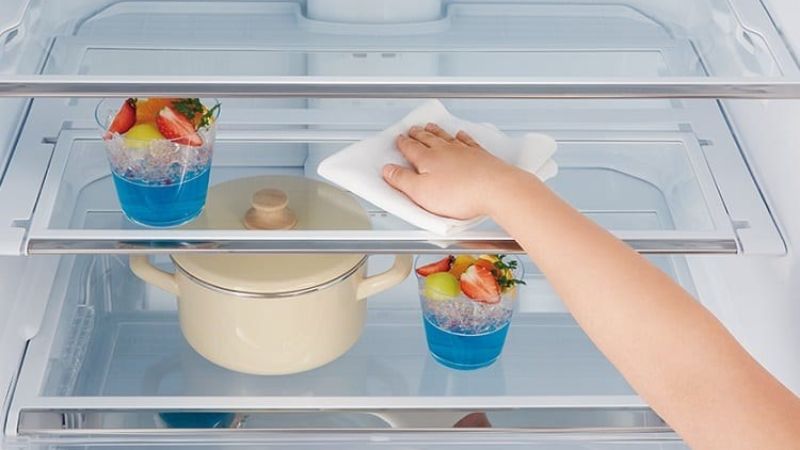 Regularly clean your refrigerator.
Regularly clean your refrigerator.
Store an Appropriate Amount of Food
Do not overload your refrigerator with food beyond its capacity. Overfilling the refrigerator hinders its ability to maintain the optimal temperature for all the stored food. It also forces the appliance to work at maximum capacity, resulting in higher electricity consumption.
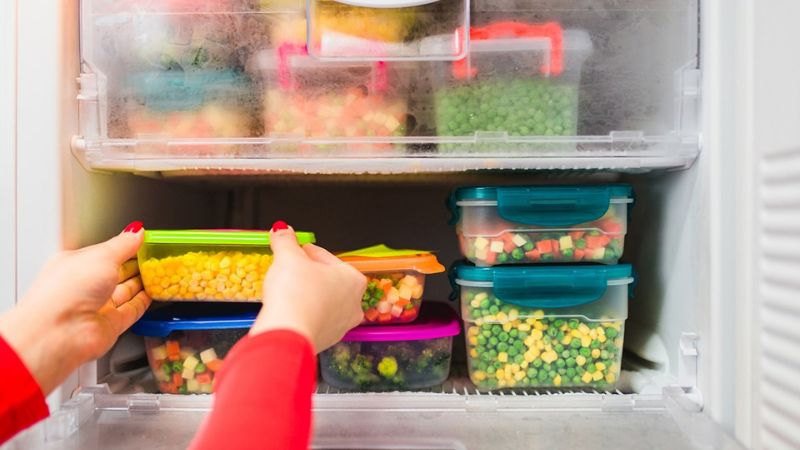 Store an appropriate amount of food.
Store an appropriate amount of food.
In conclusion, making bulk ice in your freezer has its advantages, and when coupled with energy-efficient practices, it can help you save on electricity costs. Remember to apply these tips to your daily routine for optimal results. Good luck!
Important Guidelines to Follow When Utilizing a Washing Machine’s Dryer Function
If you’re looking for ways to maximize the efficiency of your washing machine and dryer, we’ve got just the advice for you! Follow a few simple guidelines and you can increase the performance of your machines, save time and energy, and reduce noise levels. To get started, here’s a look at the best practices for using the dryer function of your washing machine!
Increases in Energy Efficiency Achieved with Slow Cookers
As the demand for convenient cooking continues to rise, more and more families, especially those with young children, are turning to slow cookers as a way to create healthy and tasty meals with minimal effort. With so many settings and benefits, slow cookers offer a great solution for busy households.
How to Make a DIY Home Air Conditioner: A Step-by-Step Guide for Keeping Cool
Beat the summer heat without breaking the bank! Our guide will show you how to make your own air conditioner using materials found around the house and no special tools needed! With global temperatures on the rise due to climate change, having an air conditioner at home can be a relief – and now it can be easy and affordable.

























